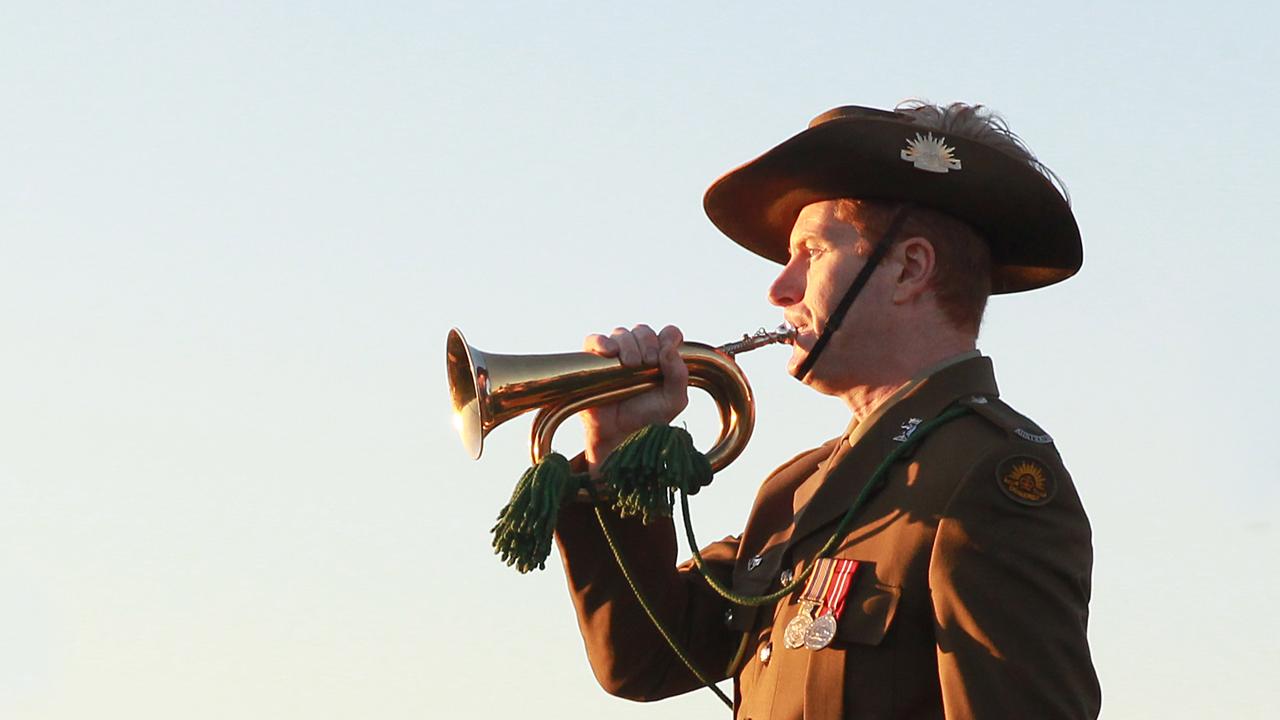Cobs and dobbers turn on Australian English
A TURN in the cultural tide is robbing some Australian English words of their currency.

FROM time to time there is much talk about Australian values and the necessity for newcomers to the country to understand concepts such as “fair dinkum”. But perhaps there are some other words that may be considered as part of the essential lexicon of Australian values. What about “dobbing”, for example? Should all applicants for a citizenship demonstrate their ability to dob to the satisfaction of a review committee, and should the applicant know that whereas dobbing was once a bad thing, it is now considered a virtuous activity?
My local council recently invited residents to “dob in a dumper” and presumably the citizens took up this great Australian invitation with pride.
Linguistics professor Anna Wierzbicka of the Australian National University lists dob, along with other negatives such as whingeing and wowserism, as key words of Australian culture. Why such negativity? Well, it seems that these are the values that we pass on to our children by telling them what not to do. There seems to be a grain of truth in that. I’m sure that parents are still telling their children to stop whingeing. As the children get older, they tell each other not to be such a wanker. In Australia, our aspirations are to avoid the mud rather than seek the stars.
The positives are harder to enshrine in language. No self-respecting child today would use the expression fair dinkum, although they know these “old Australian” words and expressions and can call on them for self-conscious effect. This generation is all too postmodernist and mocking and relative about everything to feel comfortable wearing unsophisticated approbation on their sleeve.
I have noticed the way boys use the word “mate”. More like “maaaa ayte”! As I listened and observed, I realised this was a swift send-up of what they think of as old-fashioned blokey behaviour, of traditional Australian male ways expressing traditional Australian values. Sometimes “maaaa ayte” is accompanied by “ba luddy ba yewdy” in an extended version, indicating that the great Australian adjective is also an object of scorn. Any serious anger or delight is these days addressed by the F-word.
So are we handing on traditional values or are we just sending ourselves up? And is that in itself the traditional Australian way of not taking anything too seriously for fear that enthusiasm may bite us and we may become that Australian no-no, the ratbag? It may be a peculiarly Australian difficulty to track culture in language, when the constant thrust of the culture is to subvert the language.
ON Australia Day 2007, the Macquarie Dictionary launched a small survey from its website of what may be thought of as some traditional Australiana in Australian English, just to test the waters. The list comprised items I thought would have gone out of favour (the traps for “the police”, cove for “a person”), others that I thought were borderline and doubtful (shickered for “drunk”, troppo, bonzer, beyond the black stump) and others I thought might surprise us (fair dinkum, furphy, lurk). In the end, this impressionistic survey seemed to show that, as we suspected, the bush is clinging to traditional Australian English whereas the city is shedding it. There was general support from the bush in the middle age group (18-25) for Australiana such as cocky, billabong, the mallee, fossick, bludger, wowser, beyond the black stump, lurk, brass razoo, cobber, battler, troppo and galah, all of which received less support from the same age group.
Items that were definitely out were shickered, cobber and sleep-out, and items that were really doubtful were new chum and spinebashing. There did seem to be a surprising amount of support for fair dinkum, bonzer, furphy and wowser, although it has to be said that in the comparison between those under 17 and those over 60 (where differences were much sharper) the under-17s denied all knowledge of furphy and gave very limited support to wowser. I had expected them to turn their backs on fair dinkum as well, but it was not so. Still, this was a very broad and unsubtle survey and did not allow them to register ironic use. I expect the pattern to be still very much the same.
There has been a turn in the cultural tide that makes some of the established items of Australian English seem very dated now. Fashion in language may well revive some of them. I have noticed that “purler” has been resurrected in the language of the younger generation but is now reinvented, etymologically speaking, as “pearler”. That is to say, it is linked to the pearl of great price rather than the British dialect word to purl (to move along smoothly and easily) from which it follows that a purler is something excellent. Leaving aside the spelling and confusion, it is nice to know the word is still with us.
None of these words will disappear from the dictionary but they may well acquire the label “dated” and, if they continue to fall out of favour, ultimately the label “obsolete”. There is a common expectation that, as we load in words like “technomite” and “yarn bombing” and “tmoz”, we will be shovelling out words like the above.
Not so, because these are precisely the sorts of words that people will need to look up if they are reading the literature of previous centuries.
This is an edited extract from The Haitch Factor, by Susan Butler, published by Macmillan Press.


